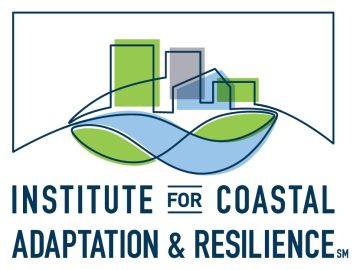ICAR and the Chesapeake Bay Foundation Resilient and Adaptable Communities Partnership
A Historic Alliance
ICAR and the Chesapeake Bay Foundation (CBF) launch Resilient and Adaptable Communities Partnership
Through a unique University-NGO partnership, Old Dominion University’s Institute for Coastal Adaptation and Resilience and the Chesapeake Bay Foundation are helping Virginia communities design and implement projects to improve resilience to environmental hazards, while also helping the health and quality of the Chesapeake Bay. Supported by $1.5 million in funding from Virginia’s General Assembly, Virginia’s Resilient and Adaptable Communities Partnership has three main goals:
- Design, fund, and implement projects throughout Virginia to help build a resilient coastal region and Bay
- Establish platforms to aid in building the resilient workforce of today, and tomorrow
- Provide technical assistance as Virginia pursues its efforts to improve coordination and communication of resilience efforts across the Commonwealth
This unique state-funded partnership is focused on providing the data and technical support coastal Virginia communities need to design and fund projects, especially those using nature-based solutions. This partnership will also fuel the policy discussions that can allow local communities to better access government connections and funding streams needed to build a more resilient future.

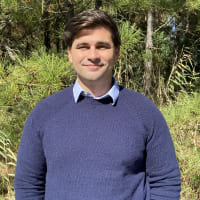
Jay Ford
CBF Virginia Policy and Grassroots Advisor
Jessica Whitehead
ICAR Executive Director


Building Resilience to Climate Change
Virginia has led Southeastern states in mitigating state-level greenhouse gas emissions and adapting to climate change at the regional and local level. Universities and non-profit organizations can support this shift to “climate action” by tailoring research and community engagement to fulfill local communities’ needs, especially in support of state and federal funding applications to design and build resilient infrastructure. Through this broader shift from climate awareness to climate action, initiatives such as the Virginia’s Resilient and Adaptable Communities Partnership can help support projects to build resilience to climate change.
ICAR-CBF Pathways to Success
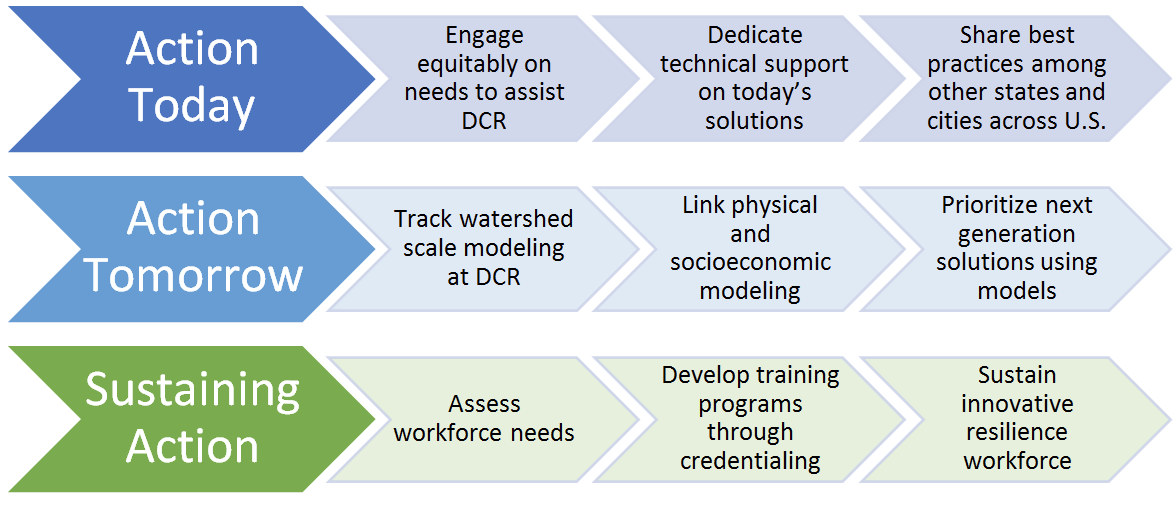
CBF Fellows
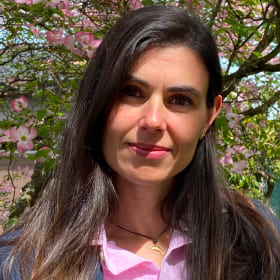
Laura Costadone
Institute for Coastal Adaptation & Resilience
Phone: 757-683-3632
Email. lcostado@odu.edu
Dr. Laura Costadone is a broadly trained urban ecologist with expertise that spans from ecosystem services, human-environment interactions, and environmental data science. Her research focuses on identifying ways to enhance resilience in coastal and urban environments. Laura co-designs and co-creates pathways to uptake and implement urban and coastal sustainable development goals by engaging directly with municipalities, practitioners, decision-makers, and citizens. She is particularly interested in bridging knowledge gaps between science and practice to help streamline the implementation of Nature-based Solutions into urban planning and coastal adaptation to tackle major environmental, economic and societal challenges.

W. Bryce Corlett, PhD, PE
Institute for Coastal Adaptation & Resilience
Phone: 757-683-5427
Email: wcorlett@odu.edu
Dr. Bryce Corlett, PE, is a coastal engineer with over a decade of diverse experience in coastal science and resilient development, ranging from investigations of sea level rise and ocean circulation to the design of resilient shoreline protection and evaluation of climate risk. At ICAR, Bryce works with underserved stakeholders, communities, and Native American tribes in coastal Virginia to evaluate sources of shoreline erosion as well as appropriate sustainable solutions for locations at risk of long-term shoreline and habitat loss. He researches native and engineered shoreline efficacy and long-term resilience implications of coastal engineering design.
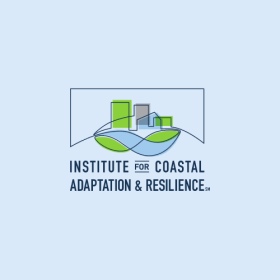
Green Infrastructure Specialist To be hired

